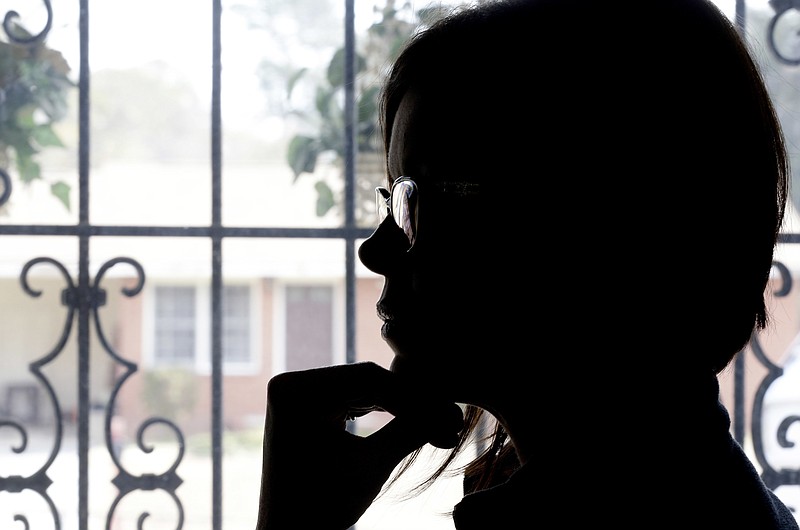Sexual assault survivors are tired of Missouri's burdensome law enforcement system, which they say doesn't often produce results or justice.
The Missouri Rights of Victims of Sexual Assault Task Force heard from various sexual assault survivors, survivor advocates, medical providers and law enforcement at its second virtual hearing Tuesday, which was focused on current standards and practices.
The 13-member task force was created through legislative action last year to collect feedback and recommendations from state and local law enforcement, victim services, forensic science and health care practitioners to help develop "future best practices or clinical guidelines regarding the care and treatment of survivors."
The hearing started off with powerful personal accounts from sexual assault survivors.
"There's really no part of seeking justice that is easy or redeeming or restorative for victims, unless we get our day in court to stare down our attackers or time to read an impact statement -and most victims never even get that much," Taylor Hirth, a sexual assault survivor, told the task force. "We are treated as evidence throughout the whole process and then cast aside if the case isn't winnable. It's exhausting."
Hirth and Casadi Mazurkiewicz, another survivor, told the task force more emphasis needs to be placed on law enforcement providing trauma informed care when responding to and investigating sexual assault cases.
Instead of providing beneficial legal and medical resources, Hirth and Mazurkiewicz said the police officers responding to their cases were interrogative and not helpful.
"I was just shocked to be victim-blamed by an officer," Mazurkiewicz said.
The task force then heard from medical practitioners and sexual assault survivor advocates about how they respond when a sexual assault case occurs.
Adrienne Atzemis, a pediatrician specializing in the care of mistreated children and teenagers at St. Louis Children's Hospital, advocated for a greater focus on adolescent sexual assault care and their needs.
State regulations currently group sexual assault survivors age 14 and older with adults, which prevents STD testing from being treated as forensically valuable and reimbursable by the Department of Public Safety.
Atzemis said it also pushes survivors into hospitals or doctors they are unfamiliar with because they can't be seen by their usual pediatrician.
"Adolescents are a diverse and unique population whose complex sexual assault medical needs cannot be fully met by a blanket inclusion into either a purely pediatric or purely adult system of care," Atzemis said.
Additional speakers told the task force more should be done to automatically notify sexual assault survivor advocates when a case occurs, provide resources for friends and family of survivors, and invest in prevention and education programs in schools.
"There is a lot of research and a lot of passionate people that have done the work, it's how are we supporting them?" True North Executive Director Elizabeth Herrera Eichenberger asked. "How are our legislators and elected officials supporting these efforts?"
The task force also heard from law enforcement officers, including Leann Robertson, a Crisis Intervention Team officer with the Rolla Police Department.
Robertson said the Crisis Intervention Team works closely with community partners, such as homeless shelters, to reach survivors that wouldn't normally contact law enforcement after a crime occurs.
Her partnership with Rolla Mission, which is often the first stop for many people in crisis, has led to identifying survivors of sexual assault and human trafficking and bringing perpetrators to justice.
"You have to be really patient, you have to be really passionate and you have to have a lot of resources because not everybody is going to like the police," Robertson said.
Still, Robertson said holes exist within the system and there are cases law enforcement isn't aware of because victims aren't comfortable reporting.
The task force has two more hearings scheduled for later this month: one on survivor privacy Sept. 22 and another on evidence collection Sept. 28.
In addition to hearings, the task force is collecting public comments through an online form at www.surveymonkey.com/r/MORightsTaskForce through Sept. 30.
The task force's work will culminate in a findings report that will be provided to the Governor and Missouri General Assembly by Dec. 31.

